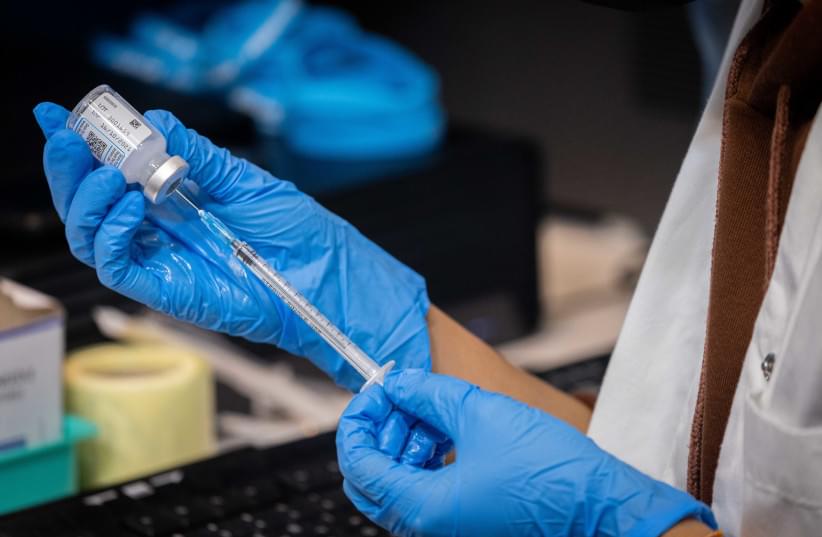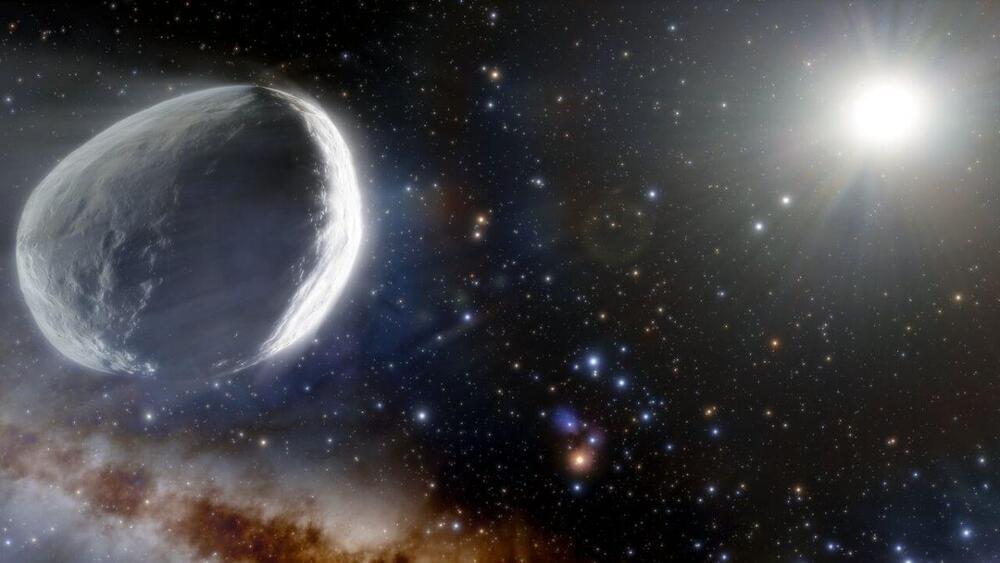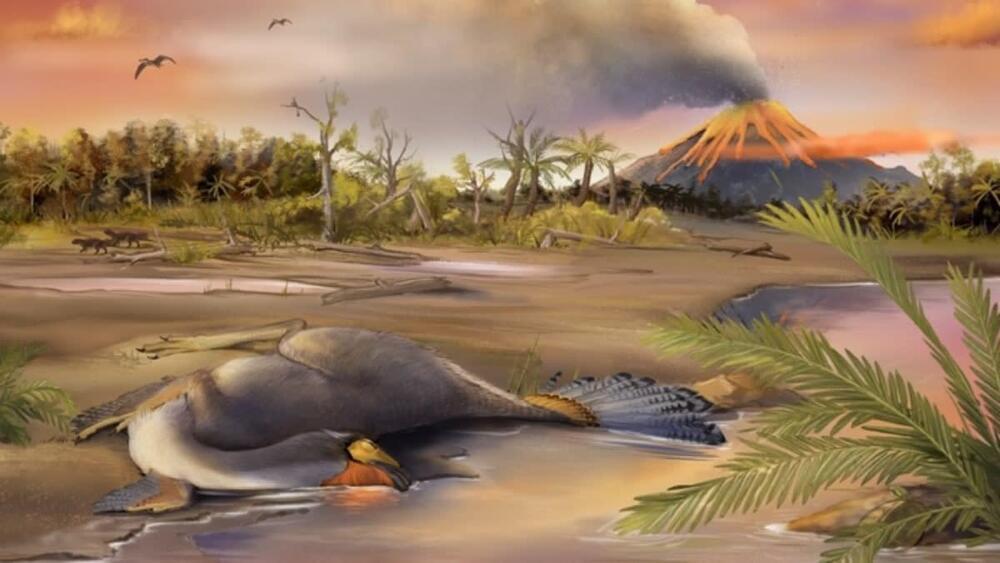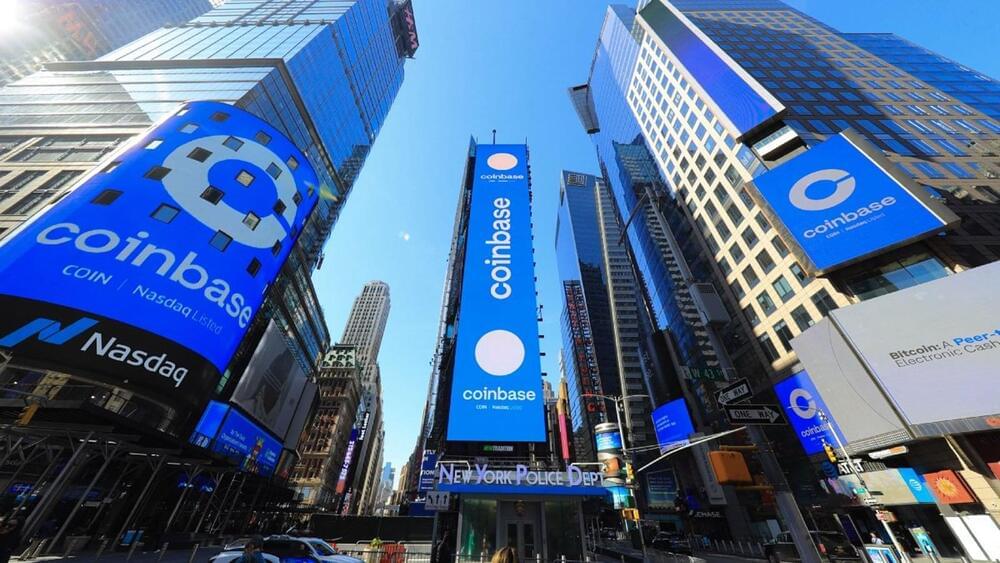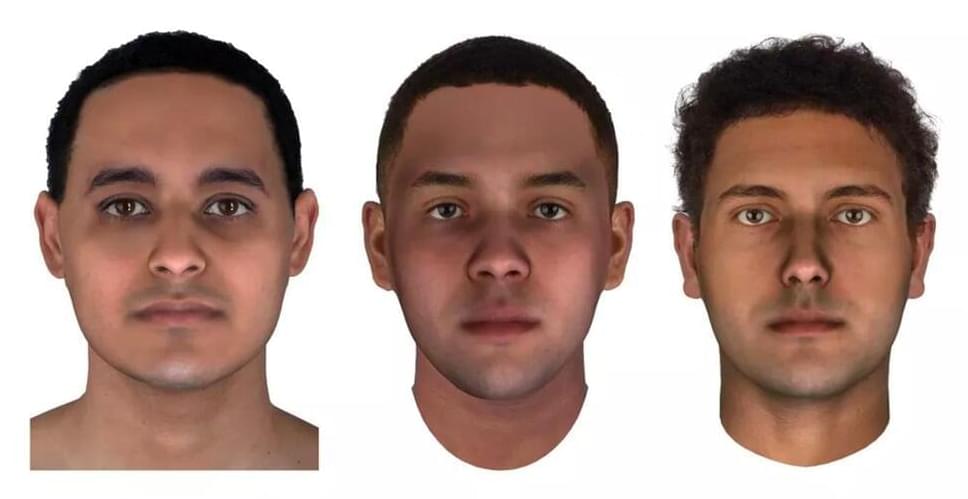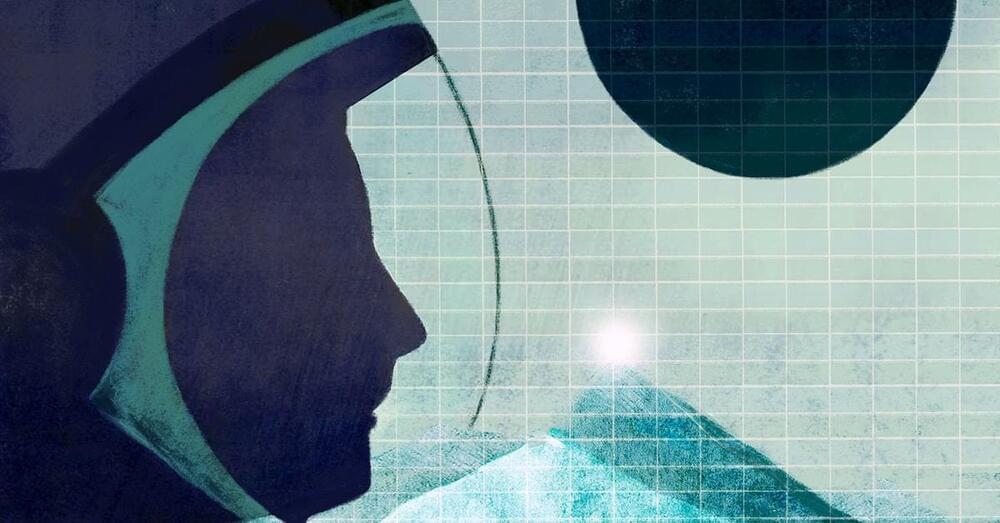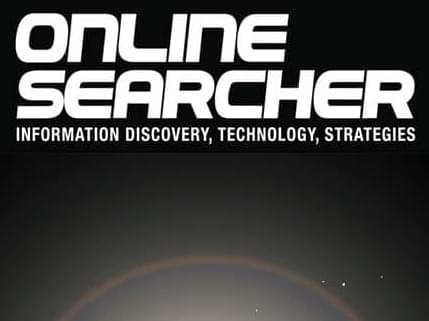Today, the conjunction of climate change, the advent of artificial intelligence and the capacity to import human purposiveness into evolution through the reading and rewriting of our own genome are, like the first leaps in technology and their consequences, stirring a search for the sacred that frames both the limits and potentialities of what it means to be human. As the Polish thinker Leszek Kołakowski sagely put it, without a sense of the sacred, culture loses all sense.
For this reason, he posited in a conversation some years ago at All Souls College in Oxford, that “mankind can never get rid of the need for religious self-identification. … Who am I, where did I come from, where do I fit in, why am I responsible, what does my life mean, how will I face death? Religion is a paramount aspect of human culture. Religious need cannot be excommunicated from culture by rationalist incantation.”
In this, Rees agrees. Far from consigning faith to the past, science fiction plumbs its future. Where technology and its consequences go, the religious imagination will follow.
